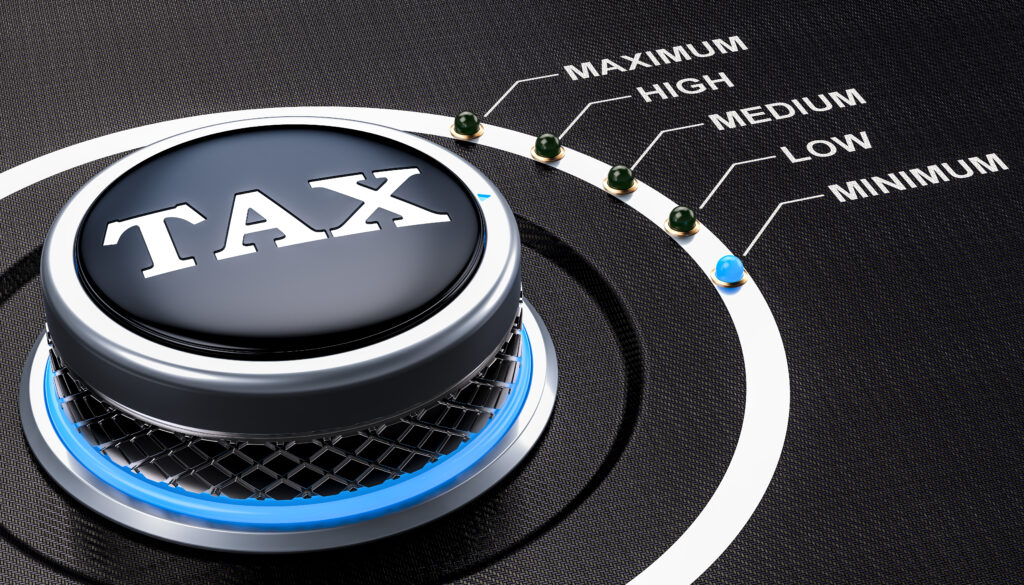Is The U.S. Really a Low-Tax Country?

Many U.S. taxpayers feel that our country’s taxes are too high, no matter which economic class you’re in. Likewise, regardless of which side of the political world you rest, most people would agree that the U.S. tax system needs some serious upgrading, and not just some fine-tuning. However, it appears that compared to many of the other developed countries in the world, the U.S. is actually on the low end of the tax scale.
According to the Organization for Economic Cooperation and Development, some of the most recent numbers show that about 30 other developed economies have higher taxes than the United States. In 2014, the U.S. government collected 26 percent of the gross domestic product revenue, which was way below the average of the rest of the world, which is 34.4 percent.
Of the 30 countries included in the report, there were only three economies that had a smaller tax percentage than the United States: South Korea, Chile and Mexico. Denmark leads the list with the highest percentage; a whopping 50.9 percent, and France, Italy, the U.K. and Germany were all over 30 or even 40 percent as well.
So why do U.S. taxpayers complain so much about taxes, if the country is actually towards the bottom of the list? It’s because the U.S. is the only country on the list that doesn’t use a Value Added Tax, or VAT. A VAT helps supplement revenue from other sources, which raises nearly 7 percent of the GDP in these countries. The U.S., on the other hand, has to count on other taxes to supplement its revenue because it does not have a VAT. And that won’t likely change any time soon.
Employee Ownership Update
Employee Ownership The following article appeared in the New York Times on May 21, 2006 and is one of the best articles about employee ownership that I have seen. It illustrates a few great examples of how employee ownership has helped companies achieve extraordinary success. These Workers Act Like Owners (Because They Are) By William…
Family Limited
This FLP Alert is directed at clients and their advisors who have already established Family Limited Partnership irs (“FLP’s”) and those clients who are considering a partnership as part of their estate plan. With all the attacks the IRS has made on FLP’s over the past few years, culminating at the Strangi III decision in…
The True Value of Your Company May Be Different From What You Think
The True Value of Your Company May Be Different From What You Think Approaches to Value Intangible Assets Posted: 3/31/11 I’ve received a lot of inquires asking how to value a company that has yet to generate any revenue, has not reached profitability, and yet, it has a substantial history of expenses. Most are start-up…
Does Your Business Need a Buy-Sell Agreement?
Does Your Business Need a Buy-Sell Agreement? What Is Buy-Sell Agreement? Buy-Sell Agreement, also known as a buyout agreement, give the company or other stockholders the option or obligation to purchase the interests of other owners under some specified circumstances called trigger events such as death, departure, or retirement, etc. There are two basic types…




